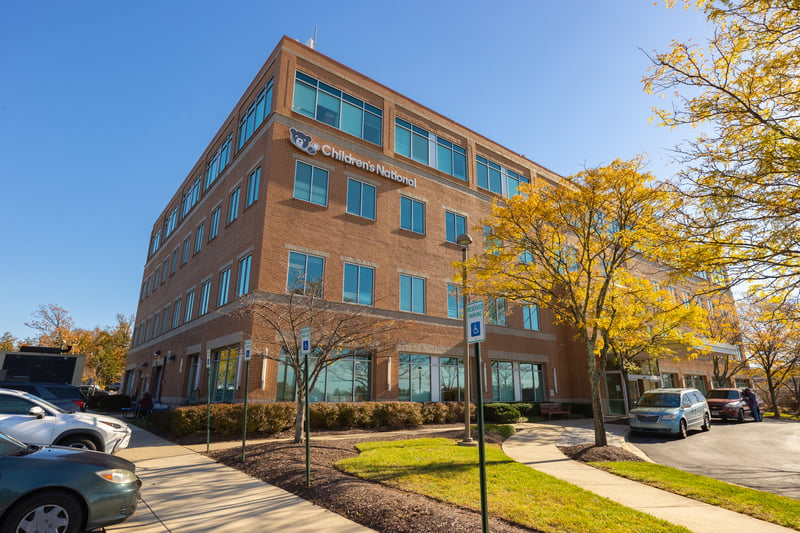
Pituitary and Skull Base Program

Pituitary and skull base disorders occur in close proximity to the base of the skull. While these disorders are not always malignant, some benign tumors may still need medication therapy or surgical treatment. If your child is diagnosed with a pituitary or skull base disorder, finding the best care is vitally important.
At the Pituitary and Skull Base Program at Children’s National Hospital, we are dedicated to offering the highest standards of treatment and care for your child. We are one of only a few children’s hospitals that can provide your family with unparalleled expertise, cutting-edge treatments and a compassionate approach to your child’s health.
Our Providers
Our pediatric specialists provide personalized care for your child’s physical, mental and emotional health needs.
Contact Information
For appointments, please call 202-476-3440 and for information 202-476-2121.
Choosing Children’s National for Pituitary and Skull Base Disorder Treatment
Children’s National is home to some of the world’s leading pediatric endocrinology and neurosurgery experts.
Highlights of our program include:
- Coordinated care. One of the most valuable aspects of our program is bringing many different types of specialty care providers together to care for your child. Not only does our program feature experts from Neurosurgery and Endocrinology – our patients also see providers from:
- ENT (Head and Neck Surgery)
- Ophthalmology
- Radiation Oncology
- And more (as needed)
- Top-ranked program. The Pituitary and Skull Base Disorders Program is comprised of physicians from our Neurosurgery and Endocrinology programs, which are ranked by U.S. News & World Report among the top 10 programs in the nation. Learn more about these rankings.
- Access to clinical trials and Oncology partnership. If your child’s pituitary tumor is cancerous, we partner with our Oncology team for their treatment and care. Additionally, your child will have access to clinical trials at Children’s National.
- Transition to adult care. Pediatric patients seen by our program will benefit from our relationship with adult physicians at George Washington University Hospital. Our doctors will work closely with these adult providers to help your child transition to adult care as they age.

How Does the Pituitary Gland Work?
The pituitary gland is a tiny, pea-sized gland that sits right below the brain. It releases several hormones that send messages to other parts of your body. If you have a condition that impacts the pituitary gland, it may result in too much or too little of these hormones.

Locations
This is a carousel. Use Next and Previous buttons to navigate.
Telehealth
Pediatric care at Children's National is accessible via telehealth. Learn more about telehealth services.






